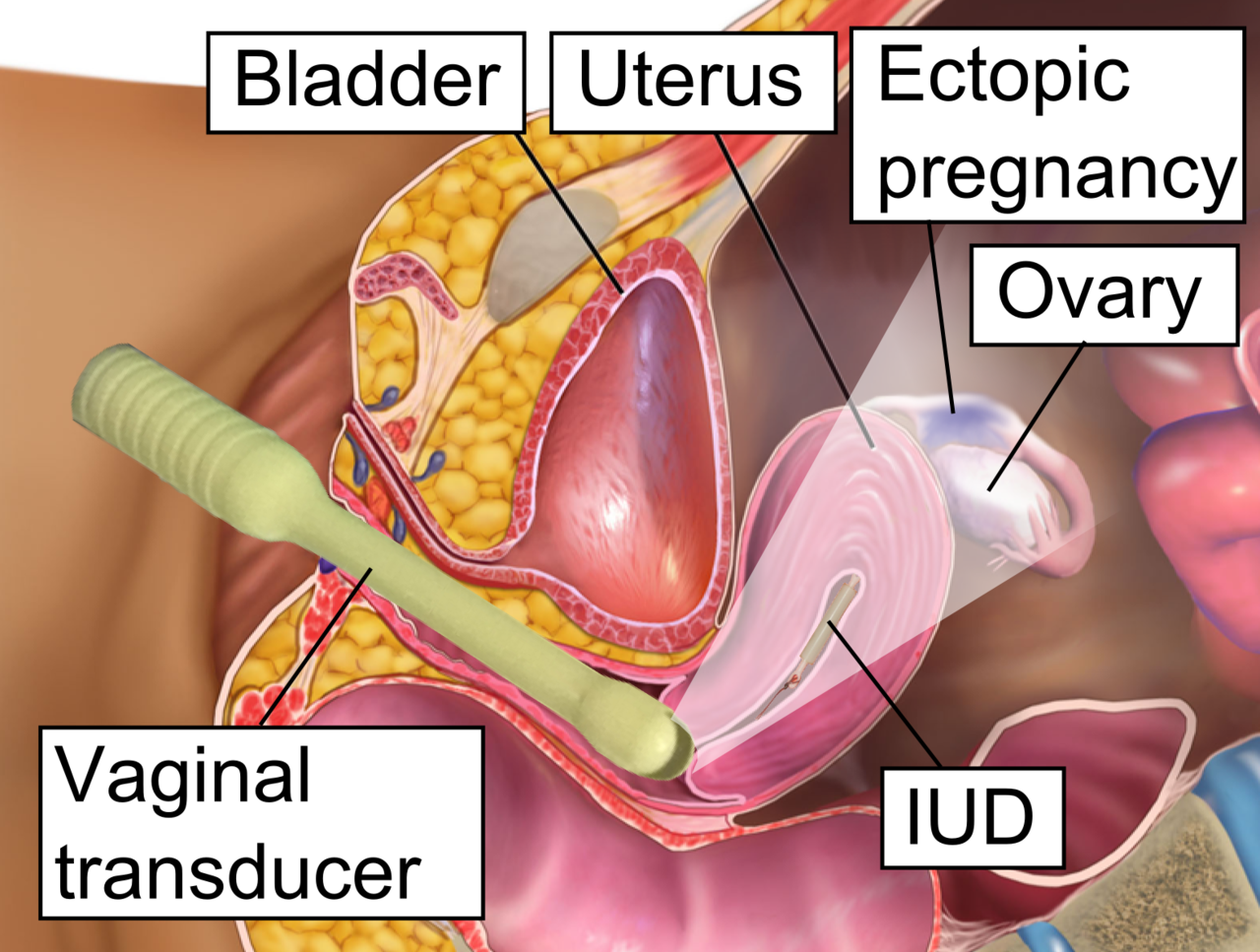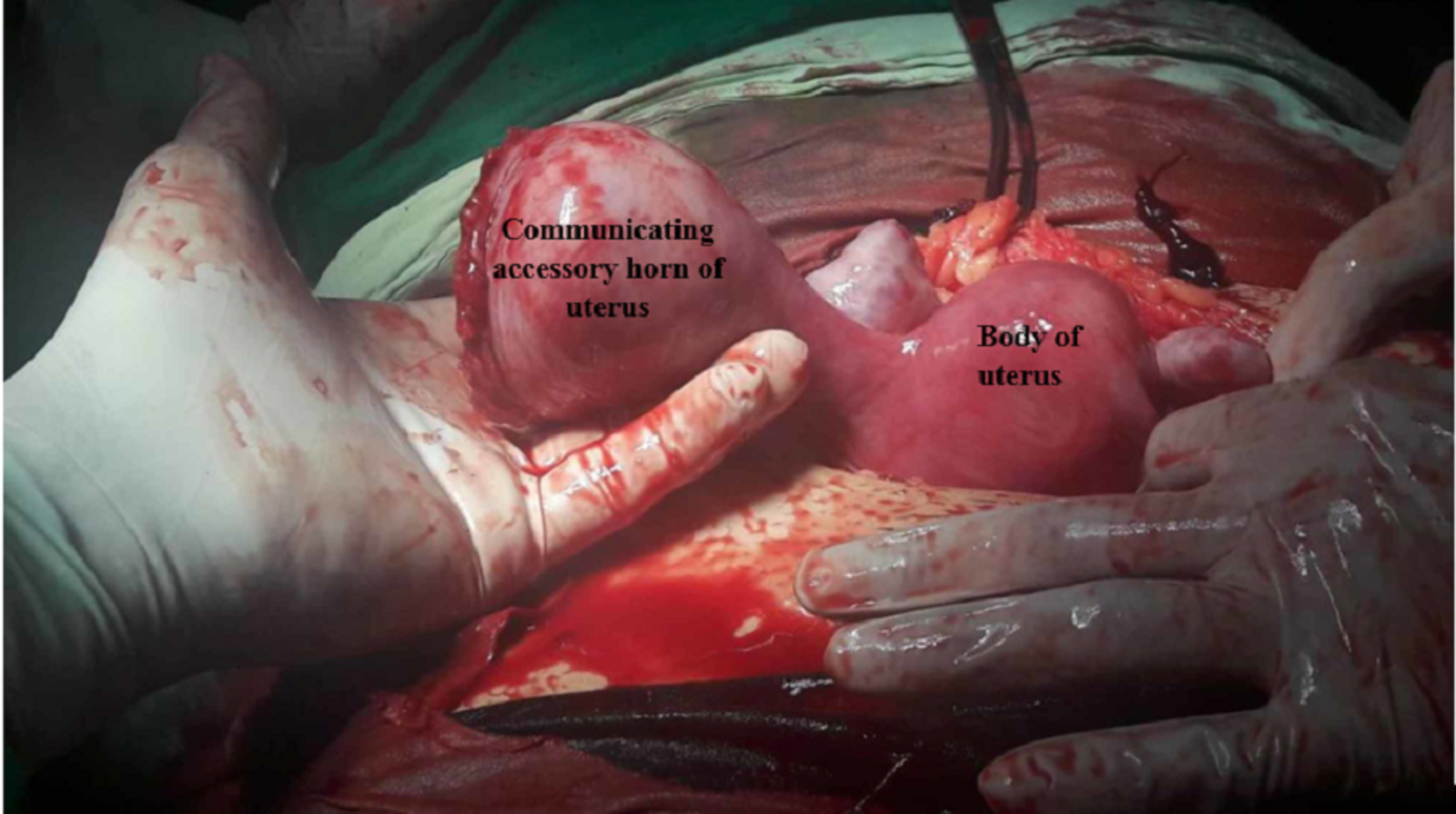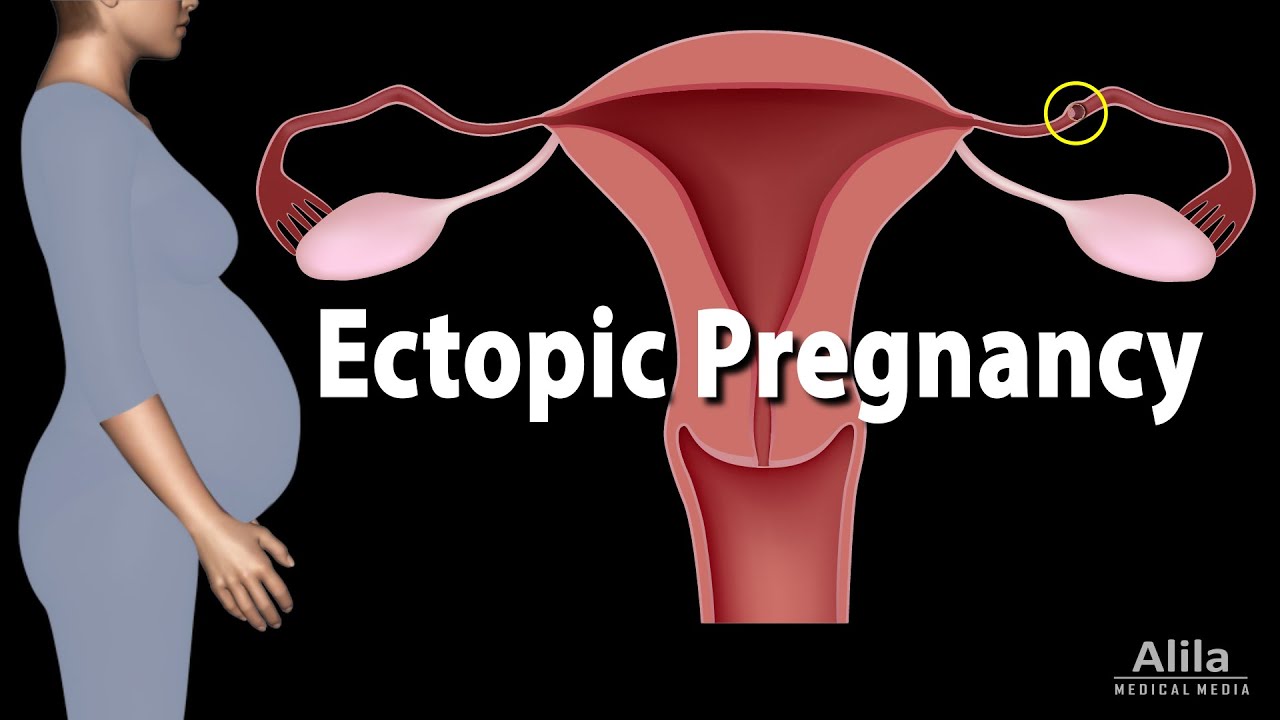An ectopic pregnancy is most likely to occur within the first few weeks of pregnancy and is usually discovered by the 8th week of pregnancy.
Is a pregnancy that develops outside a woman’s uterus (womb). This happens when the fertilized egg from the ovary does not reach or implant itself normally in the uterus instead the egg develops somewhere else in the abdomen.

RISK FACTORS
- Fallopian Tube Problems
- Spasms of the fallopian tube due toSmoking
- Surgery
- Medications
- Tubal ligation in the past 2 years
- Previous tubal surgery
- Intrauterine device in place
- Prolong infertility
- Diethylstilbestrol exposure in utero
- Adhesions of the tube secondary to infection
- Tumors blocking the tube
Fallopian Tube Problems
The fallopian tubes are five- to six-inches long and have funnel-shaped endings
They are designed to pick up the egg from the ovary and transport it to the womb.
The embryo is transported through the tube by a combination of the contractions of the muscles surrounding the tube and the movement of fine, hair-like cells lining the tube.
After fertilization occurs inside the tube, these "squeeze and sweep" the embryo out of the fallopian tube and into the uterus.
A damaged fallopian tube can block this motion and keep the embryo from reaching the womb.
Smoking
Smoking is also associated with up to a five times greater risk of ectopic pregnancy.
This may be due to the nicotine in cigarettes.
Nicotine stimulates contractions in the fallopian tubes.
This can cause "spasm," resulting in temporary blockage of the tube so the embryo cannot pass through.
SIGNS AND SYMPTOMS
BEFORE RAPTURE
Abdominal Pain
Abdominal pain occurs close to 100% of the time.
It is usually first manifested by a dull pain caused by tubal stretching
Amenorrhea
A history of a late period for approximately 2 weeks or a higher than usual or irregular period
Abnormal Vaginal Bleeding
Mild to intermittent dark red or brown vaginal discharge.
It is related to uterine decidual shedding secondary to decreased hormones
Abdominal Tenderness
Abdominal Tenderness
If a woman has an ectopic pregnancy, she may experience the typical early pregnancy symptoms, including ;
Nausea
Breast tenderness.
Severe pelvic pain

AFTER RUPTURE
Faintness / Dizziness
Faintness and dizziness occur in the presence of significant bleedingAbdominal Pain.
Pain is caused by blood irritating the peritoneum
Referred Shoulder Pain
Referred shoulder pain is related to diaphragmatic irritation from blood in the peritoneal cavity.
Signs of Shock Shock is related to the severity of the bleeding into the abdomen.
Animation Video Courtesy: Alila Medical Media.

